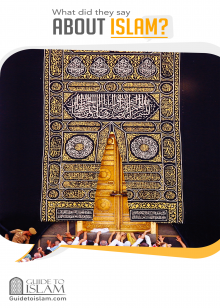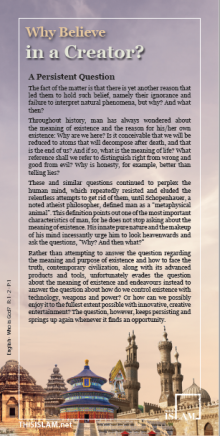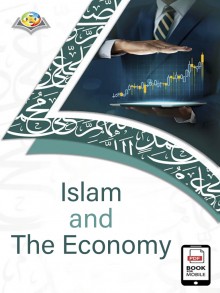Indonesia is the country with the largest number of Muslims, with more than 250 million citizens, out of which Muslims comprise 87% of the population. Islam entered Indonesia in the sixth century AH by virtue of the good morals of Muslim traders. Not a single army reached there; in fact, Indonesia only experienced bloodshed after the arrival of the Portuguese and Dutch armies, followed by English colonialists. Muslims have remained firm upon their religion through the centuries because they embraced it by choice and conviction. In Indonesia today, there are thousands of Islamic institutes in which tens and thousands of male and female students study.






